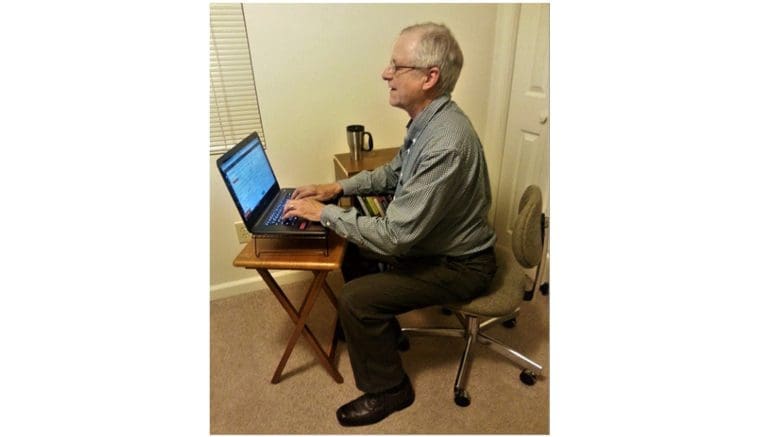I’m certain many of you noticed that the Atlanta Braves won the last World Series. And many of you probably have a passing awareness of Atlanta’s roster.
I have a confession. Before I attended a late-season home game, the first game I’d probably been to in twenty years, I had no idea they were series bound.
And I could not have named one player on the team.
So you can infer that I don’t spend a whole lot of time watching or reading about sports. It’s not something I’m proud of or embarrassed about. It’s just a fact.
I wrote that just to put the next part in context.
I got a press release from the Cobb Chamber yesterday announcing that Atlanta shortstop Dansby Swanson, along with a few of his family members, would speak at the Chamber’s Marquee Monday breakfast on February 14.
With most press release stories about events, my main purpose is to get the information out, not to exhibit my reporting skills, so I usually just write an introductory paragraph (with a “lede”) and reprint the press release as an attributed blockquote.
So that’s what I did.
Only this time it had embarrassing results.
Because I misspelled Swanson’s first name as “Darby,” … repeatedly … across our newsletter … and Twitter … and Facebook … and LinkedIn …
A reader of our newsletter pointed it out, and I read his email at 4 a.m. this morning.
I’m still chasing down places where the misspelling went out. The last place I found it was in the tags that get displayed as links on the tops of articles.
I made all the corrections that are standard journalistic practice, in the article and on social media, and made them in a slightly more groveling manner than usual, since I’d just misspelled the name of a local sports hero.
The notable thing about this, though, is that as trivial as a spelling error might seem, I did it with the press release on the screen right in front of me. So it wasn’t just a matter of lack of knowledge, it was a matter of lack of attention to my work.
Errors and corrections in journalism
Reporters and editors make mistakes. Typically I type thousands of words a day, copy edit the work of reporters, and in addition to spelling, punctuation, and grammatical errors I have to watch for factual errors.
So errors do get through, and that doesn’t just happen in understaffed outlets like the Courier, but in larger publications, like the AJC, and even the Washington Post. It’s just a reality of the business.
So that’s where corrections come in. When an error occurs good practice and solid ethics dictate that there needs to be an acknowledgment of that error, and it needs to be as fast as possible, prominent, and no-nonsense.
Digital-only publications like the Courier have an advantage over hard-copy print newspapers, in that we can get the correction within the same place readers first saw the article. This somewhat bypasses the charge that readers see the original mistake, but don’t necessarily see the correction. I say “somewhat” because usually at least a few readers have seen the error before the correction was made, and are unlikely to revisit the article.
So this is the end of my mea culpa. I’ve made errors in the past and will make them in the future.
I only hope that the next one doesn’t involve misspelling a prominent sports figure’s name.
I feel like Les Nessman this morning.
